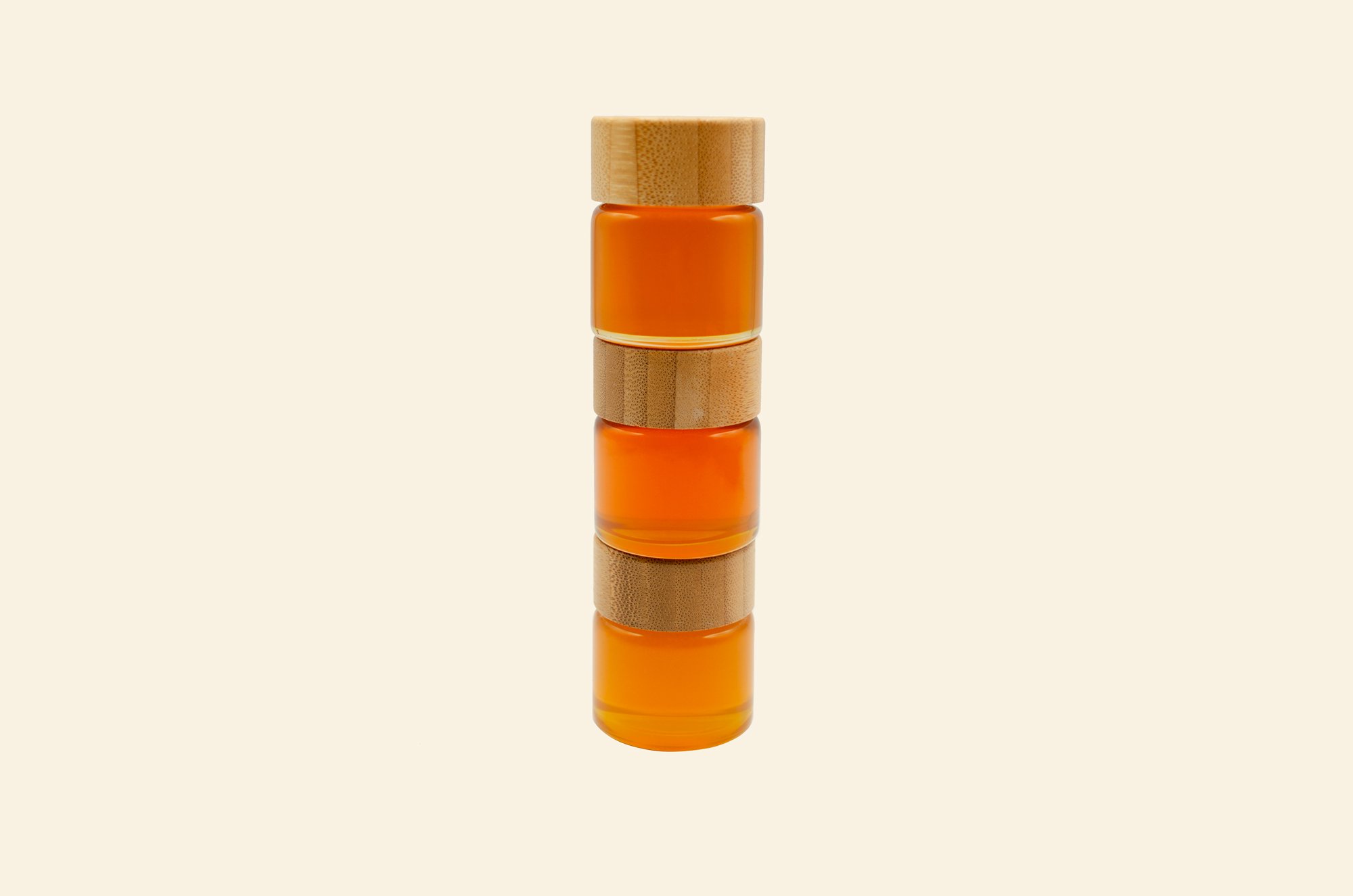FAQs
-
Sheba Bees references European Union standards for assessing honey production and for guiding the local beekeepers in order for their honey to be sold internationally. Our testing is rigorous and the beekeepers we work with appreciate the importance of preserving the reputation of Yemeni honey, both as a matter of pride and to ensure the sustainability of their livelihood.
Following local testing for quality and flavor, samples are sent to Quality Services International GmbH laboratory in Germany, where food chemists test for authenticity. Those that pass are exported to the United States. Samples also are provided to honey sommeliers of the American Honey Tasting Society to analyze the aroma, flavor and viscosity of each type we import.
-
Our intention will always be to choose the best of the season’s honeys from across Yemen to bring to market. That means availability will vary from season to season depending on how each area’s honey crop fared. Sometimes nature or logistics may not fully cooperate, so quantities of specific types from beekeepers we work with will be limited or unavailable. However, the beekeepers we work with are steadily growing, in number and geographic diversity, meaning so is the resilience of our supply chain. Also, flavor profiles of Sidr honey can vary considerably depending on the local soil and microclimate, and we want our customers to taste and appreciate as many of them as possible.
-
Our Sidr (SID’-er) honey is produced by bees fed solely on Sidr trees (Ziziphus lotus and Ziziphus spina-christi, types of jujubes in the buckthorn family). When available, Sheba Bees also provides a rare and crystallized Yemeni White Mountain Honey, which is produced by bees that feed on perennial mountain herbs in the southern mountains of Ibb province. The primary pollinator for these bees is Hypoestes forskaolii, which is a traditional medicinal herb highly valued for its antifungal and antiparasitic properties.
-
Our visits with beekeepers and local agricultural officials have allowed us to understand specific local challenges where Sheba Bees can make a real difference, whether on our own or by partnering with other organizations. Each community, however, has presented its own unique challenges and opportunities, and our commitment to acting only on local priorities means how we fulfill our mission of reinvesting in local communities can and will look different around the country. That said, some projects going forward include tending to neglected Sidr trees, planting new ones, improving agricultural practices, and adapting water systems to improve resilience in times of drought.
-
We are just beginning, but have big plans to grow Sheba Bees enough to reinvest significantly in local beekeeping communities in Yemen. This will mean more projects, on our own and with our partners, aimed at building climate resilience in Yemeni apiculture. We also plan to fund research that can be used to clarify environmental issues brought forward by beekeepers and lay out strategies to address them so we can get policymakers and environmental organizations on board.









